Introducing Your Baby to the Outdoors - 7 Safety Tips
Most parents know that encouraging their kids to spend time in nature is important to their health and well-being. Did you know that babies can benefit from being in nature as well? According to 2020 research published in PLOS One, spending time in nature (aka, nature play) has been shown to have positive influences on a child’s physical activity and cognitive development.
The outdoors is full of exciting stimuli that your little one can soak up and use to make sense of the world around them. While taking your baby outdoors for the first time can be scary, it’s far less stressful when you and baby are properly prepared. Here are a few important safety tips to help make your next outdoor adventure with your little one a positive experience.
-
Dress Your Baby for the Weather
Check the forecast before you leave and be sure to choose comfortable baby clothes that are suitable for the weather. In the summertime, you can keep your little one cool and comfortable in light clothing made from organic cotton. For cold weather, dress your baby in materials that will wick away moisture. Fleece, silk, and wool are excellent options to keep your baby cozy. Don’t forget to keep their head warm with a baby hat! Remember to check on your baby regularly to ensure that they aren’t too hot or too cold.
-
Protect Your Baby from the Sun
When taking your baby outside, it’s important to protect their delicate skin from the sun’s ultraviolet (UV) light. It’s not only the summer months that you need to watch out for. UV light can pierce through clouds and reflect off the snow, making sun protection important year-round.
According to a pediatrician at the Food and Drug Administration (FDA), babies under the age of six months should be kept out of direct sunlight at all times. For babies older than six months, use a broad-spectrum sunscreen with SPF 30 or higher and re-apply it every two hours. It’s also a good idea to outfit your little one in lightweight clothing and brimmed hats for added protection against UV rays.
-
Start Small
You don’t need to go on a 5-mile hike for your baby’s first outdoor adventure. Stick to a nearby park or another safe place that has cell service. If the area is new to you, research it in advance and figure out where all of the bathrooms are in case your little one needs a quick diaper change.
While you’re walking around, talk to your baby about what you see and hear. Point things out to them to foster their love of the outdoors. This is a great opportunity to build a rich vocabulary and show them how to be respectful of nature.
-
Know How to Use Your Gear
If you recently bought a jogging stroller or a new hiking baby carrier, learn how to use them before you set off for the trail. The last thing you want to do is drive 45 minutes, arrive at the trail and realize that you need help buckling the back of your carrier—or worse, learn the hard way that you have the wrong size carrier for your baby. Take your gear out for a test run so both you and baby are comfortable and confident. Word to the wise: Bring your stroller, even if your baby is walking. It’s nice to have in case your little one gets tired.
-
Be Aware of Poisonous Plants and Critters
Letting your baby touch and interact with the textures of nature is a fun way for them to explore the great outdoors. However, touching the wrong things (i.e., poison ivy, snakes, and stinging insects) can result in a painful lesson for your baby. To keep your little one from being bitten or stung, take the time to learn about the dangerous plants and critters in your area. Being able to identify the dangers of nature will help you keep your baby safe and happy.
-
Keep a Baby First-Aid Kit Handy
If you already have a first-aid kit for the outdoors, that’s great! But is it stocked with items that are baby-approved? While many items can be used for babies and kids of all ages, you should also include a few baby-specific medicines in your first-aid kit. These may include infant acetaminophen, Mylicon (for baby gas relief), a nasal aspirator bulb, a rectal thermometer, a baby antibiotic cream, and baby-safe bug repellent.
Stock up on baby wipes while you’re at it. They always seem to come in handy for something. If your baby is under three months of age, be sure to talk with your doctor about medicines before you use them on your baby.
-
Stay Vigilant
Although it probably goes without saying, your baby needs strict supervision at all times when they’re outdoors. A little dirt won’t hurt them, but there are plenty of dangerous plants and animals that will.
Never allow your little one to go exploring on their own. Always take the lead on your walks and be aware of your surroundings. Additionally, pay attention to your own comfort level. Are you too cold? If so, there’s a good chance your baby is as well.
Exploring Nature Safely with Your Baby
Introducing your baby to the wonders of nature can help boost their development and foster a lifelong love of nature. But despite its immense beauty, nature can also be dangerous. By taking certain precautions, you can safely introduce your baby to nature and maximize their enjoyment of the outdoors.

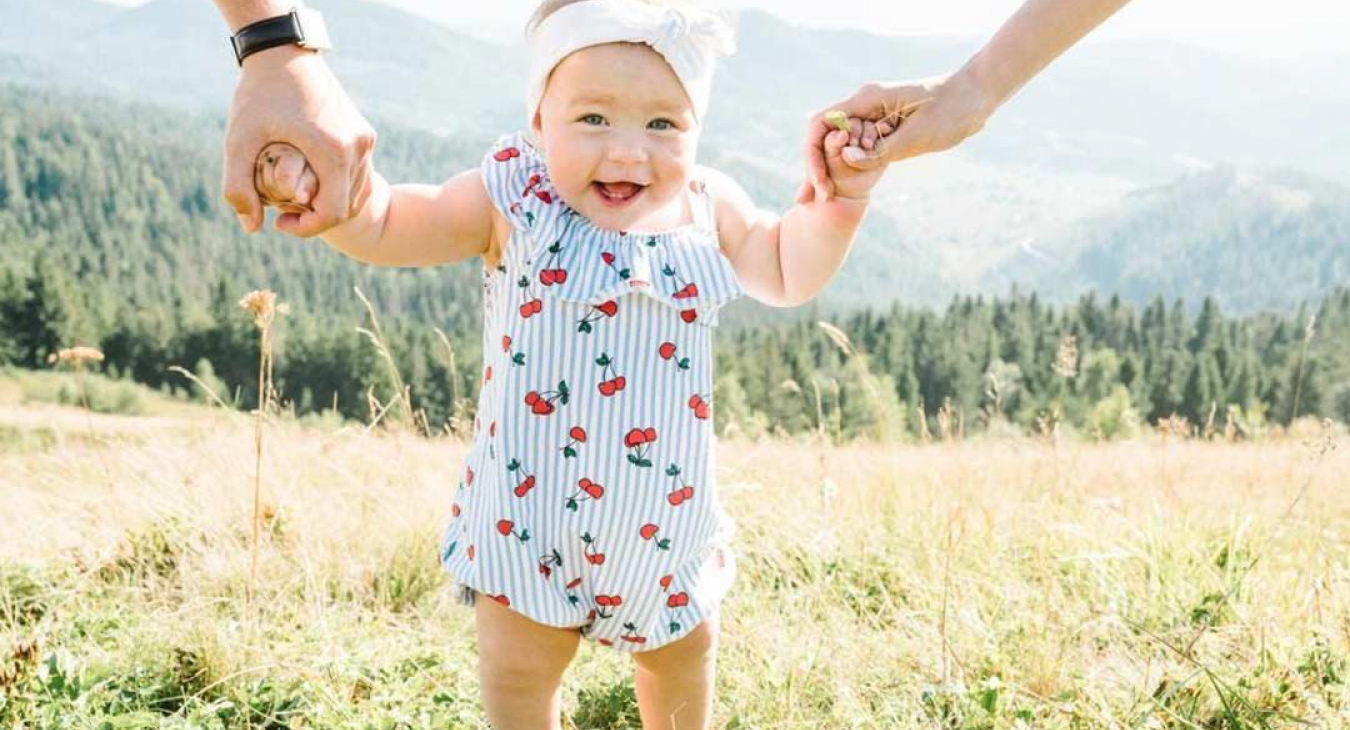

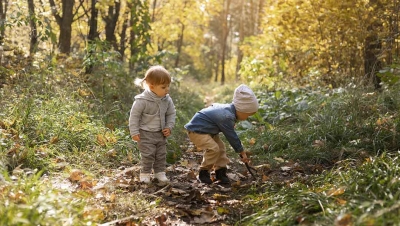
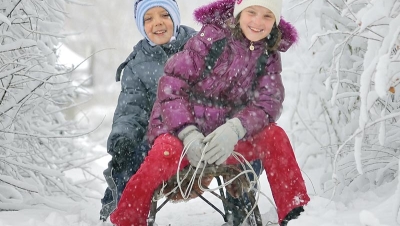


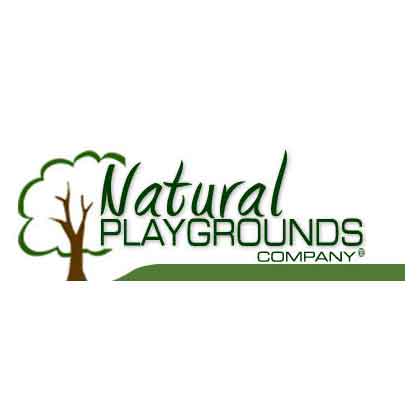
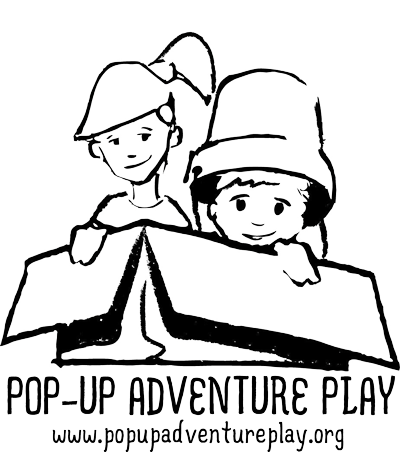
Add new comment